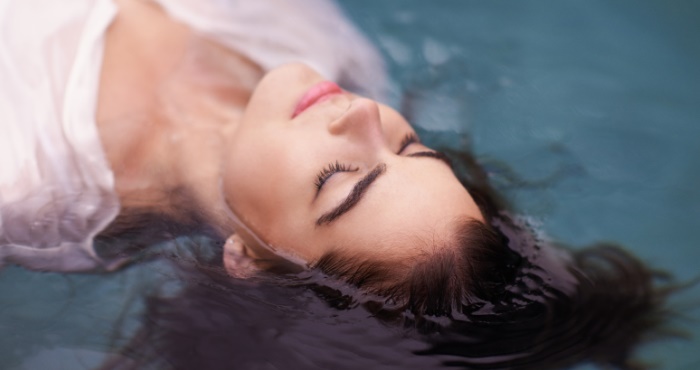
Traditionally, the rhythm of sexual relations in a marriage was determined by the Jewish laws of purity and impurity (taharah and tumah). A woman abstained from sexual relations with her husband during her menstrual period (niddah) and for a fixed time (usually a week) thereafter. At the conclusion of this period, she immersed herself in a mikveh, a ritual bath, and resumed sexual relations with her husband. In the 1970s, as Jewish feminists began to grapple with Jewish tradition, mikveh seemed to be among the least redeemable of traditional rituals. Surprisingly, this has proved not to be the case. Some modern women have found ways to meaningfully integrate the practice of mikveh into their married lives or other relationships, while others have found creative uses for the mikveh to mark other significant occasions—ordination as a rabbi, divorce, healing from illness, etc. This section has rituals and articles dealing with mikveh in the context of sexual relations. Look in the other relevant sections (conversion, healing) to find uses for mikveh in those contexts, or do a keyword search for mikveh.
Blessings for acknowledging the holiness of menstruation
An article explaining the traditional uses of mikveh and modern perspectives on it, including a review of contemporary literature on the subject
A meditation for the mikveh invoking God’s healing presence
Mikveh for a couple before wedding
Prayers to recite prior to immersion in the mikveh
Subscribe for the latest rituals, online learning opportunities, and unique Judaica finds from our store.